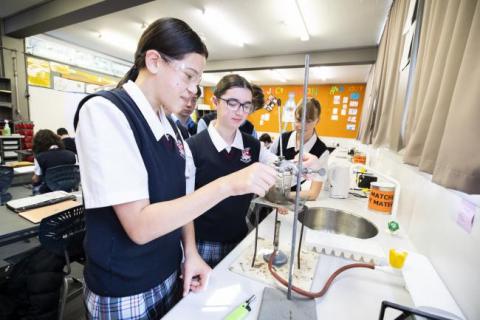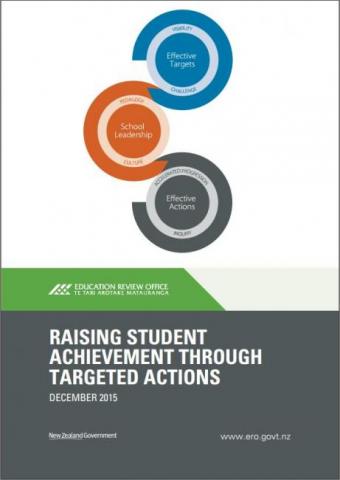Evaluation at a glance: A decade of assessment in New Zealand Primary Schools - Practice and trends
Published: 24 Apr 2018
High quality assessment and evaluation allows us to focus on student progress and outcomes at classroom, school and system levels. It helps teachers, schools and systems to report on student achievement across points in time, and provide information for parents, trustees and the public about the quality of education.
- Audience:
- Education
- Parents
- Schools
- Content type:
- Research
- Topics:
- Evaluation
- Assessment
- Formative assessment
- The Trends in International Mathematics and Science Study (TIMSS)
- The Progress in International Reading Literacy Study (PIRLS)
- Programme for International Student Assessment (PISA)
- National Monitoring Study of Student Achievement (NMSSA)













